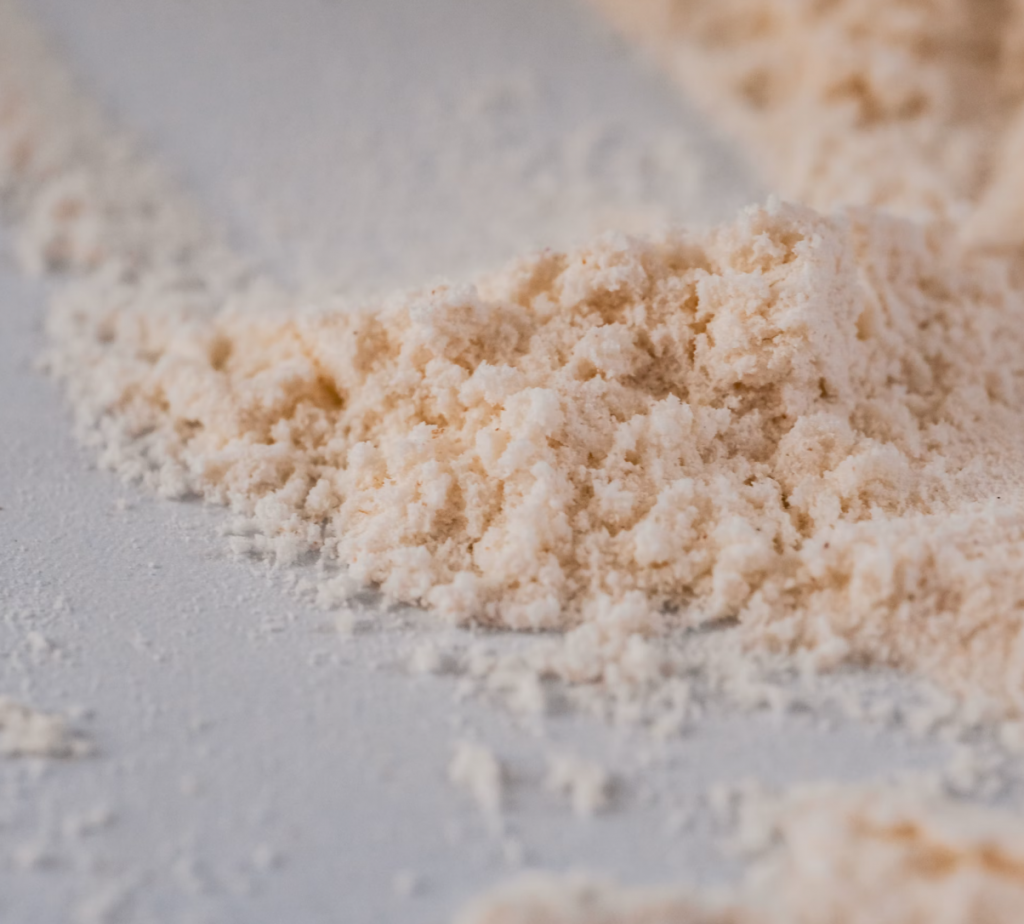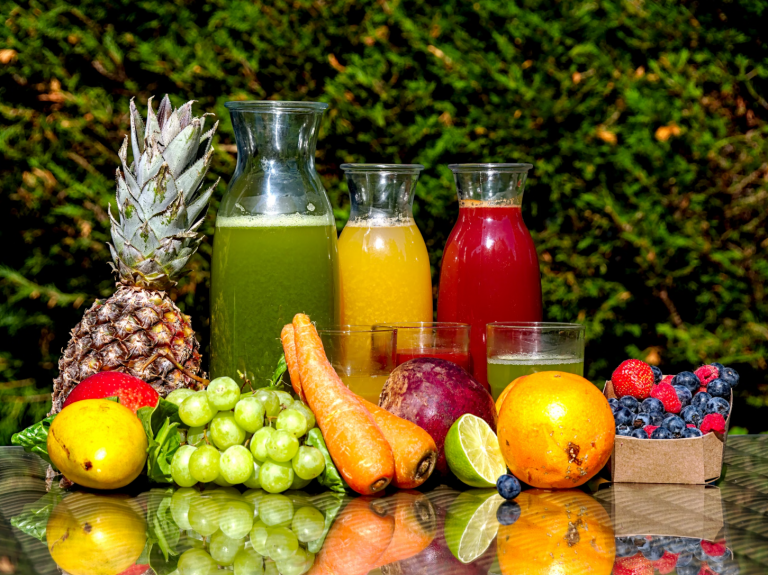
Introduction to Plant-Based Protein Powders
What Are Plant-Based Protein Powders?
Plant-based protein powders are nutritional supplements derived from plant sources such as peas, soy, rice, hemp, and seeds. They’re designed to provide essential amino acids without relying on animal products, making them ideal for vegans, vegetarians, and those with dairy allergies.

Why Are They Gaining Popularity?
From gym enthusiasts to health-conscious professionals, more people are turning to plant-based proteins. Why? They’re sustainable, allergen-friendly, and often easier on the stomach than traditional whey protein. Plus, they fit into clean eating trends.
Types of Plant-Based Protein Sources
Pea Protein
Pea protein is rich in branched-chain amino acids (BCAAs) and is one of the most digestible plant proteins available. It’s mild in taste and blends well, making it a favorite for fitness supplements.
Brown Rice Protein
Although not a complete protein, brown rice protein is hypoallergenic and easy to digest. It’s often combined with pea protein to create a more balanced amino acid profile.
Hemp Protein
Hemp protein contains omega-3 and omega-6 fatty acids, making it a heart-healthy option. However, it’s lower in protein per serving and has a gritty texture that can turn some users off.
Soy Protein
Soy is a complete protein with all nine essential amino acids. But it’s controversial due to its potential hormonal effects and GMO concerns. Some people also experience digestive discomfort.
Mixed Plant Proteins
These blends typically include pea, rice, chia, quinoa, and more. The idea is to achieve a complete amino acid profile while improving texture and taste. Many top-rated products use this approach.
Nutritional Breakdown and Bioavailability
Amino Acid Profiles
Not all plant proteins are created equal. Some lack one or more essential amino acids. That’s why blends are often better — they fill in the gaps. Look for products labeled “complete protein.”
Digestibility
Plant proteins are generally easier to digest than dairy-based powders, but some (like soy) may still cause bloating. Pea and rice proteins typically have the best GI tolerability.
Top-Rated Plant-Based Protein Powders (The Best)
Orgain Organic Protein
Affordable, clean, and well-reviewed. This product includes a blend of pea, brown rice, and chia seeds. With 21g of protein and 5g of fiber, it’s great for everyday nutrition.
Vega Sport Premium Protein
This is a performance-grade protein powder with 30g of complete protein per serving. It includes tart cherry for recovery and probiotics for digestion — a favorite among athletes.
Garden of Life Sport Organic
Certified USDA organic and non-GMO, this powder combines pea, sprouted grains, and legumes. It offers 30g of protein per serving and is NSF Certified for Sport.
Naked Pea Protein
With only one ingredient — yellow peas — this powder is perfect for clean eaters. It’s free of sweeteners, additives, or GMOs. The taste is earthy, but it’s highly versatile.
OWYN Plant-Based Protein
OWYN stands for “Only What You Need.” It includes pea, pumpkin seed, and flax protein, and it’s known for its delicious flavor and smooth texture. Great for people on-the-go.
Plant-Based Protein Powders to Avoid (The Worst)
Low-Quality Fillers and Additives
Beware of powders loaded with synthetic sweeteners, artificial flavors, or thickeners like carrageenan. These can cause gut irritation and negate the health benefits.
Incomplete Amino Acid Profiles
Some cheap protein powders (especially single-source rice or oat proteins) lack key amino acids like lysine. These offer less muscle-building potential and poor recovery support.
Overly Processed Ingredients
Highly processed powders may use harsh chemical extraction methods, stripping nutrients and damaging the protein structure. Always read the label — if you can’t pronounce it, don’t drink it.
How to Choose the Right Protein Powder for You
Assessing Your Fitness Goals
Are you building muscle, losing weight, or simply supplementing your diet? If you’re bodybuilding, go for high-protein blends like Vega Sport. For weight loss, fiber-rich options like Orgain are better.
Ingredient Transparency
Look for brands that list their sources clearly and avoid proprietary blends. Transparency builds trust and helps you avoid allergens or low-quality fillers.
Flavor, Texture & Mixability
Even the best protein won’t help if you can’t get it down. Smooth, naturally flavored powders with good mixability (especially in water) make consistent use far easier.
Conclusion
Plant-based protein powders offer a cleaner, often gentler alternative to traditional whey products. While there are plenty of fantastic options packed with clean ingredients and full amino profiles, others cut corners with fillers, poor-quality sources, and deceptive marketing. The key lies in understanding your needs, reading labels carefully, and sticking to reputable brands.
If you’re serious about your nutrition, investing in a top-tier plant-based protein can support muscle growth, recovery, and overall wellness — all without compromising your dietary values.
FAQs
1. Are plant-based proteins as effective as whey for building muscle?
Yes — especially if they contain a complete amino acid profile. Look for blends or enhanced formulas.
2. Is soy protein safe to consume daily?
For most people, yes. However, those with estrogen-sensitive conditions or soy allergies should limit intake.
3. Can I mix plant-based protein with milk or water?
Absolutely. Both work, but plant-based milk like almond or oat enhances flavor while staying dairy-free.
4. What’s the best plant-based protein powder for weight loss?
Orgain Organic Protein is high in fiber and low in sugar, making it ideal for calorie control.
5. Why does some plant protein taste chalky?
That texture often comes from hemp or rice proteins. Blends and flavor enhancements usually solve this.





